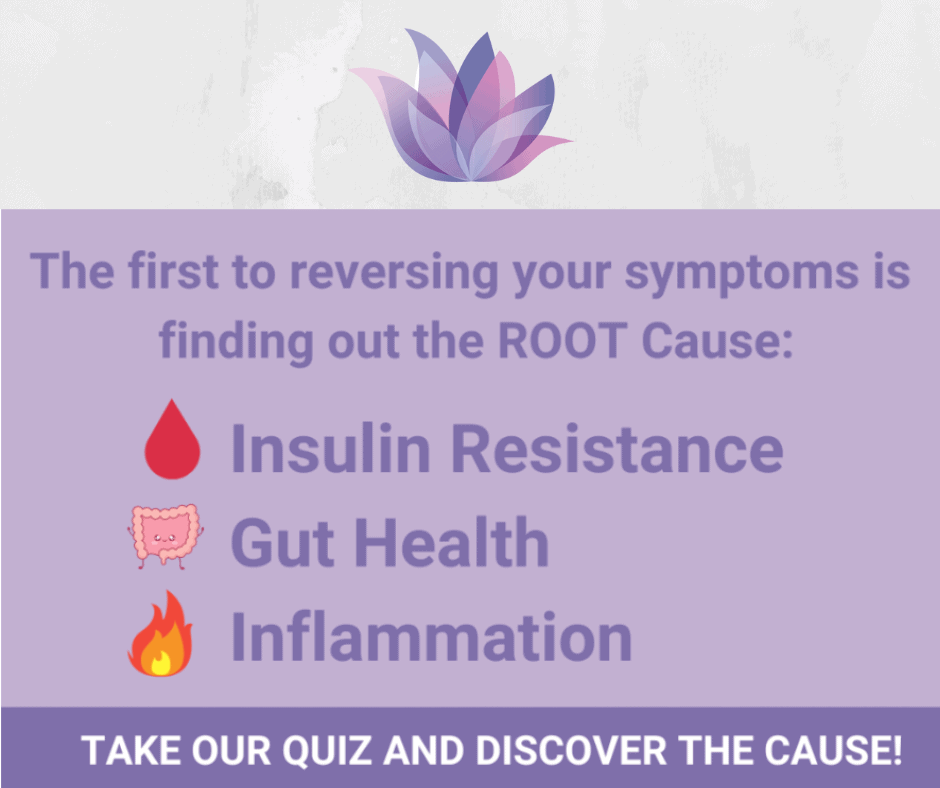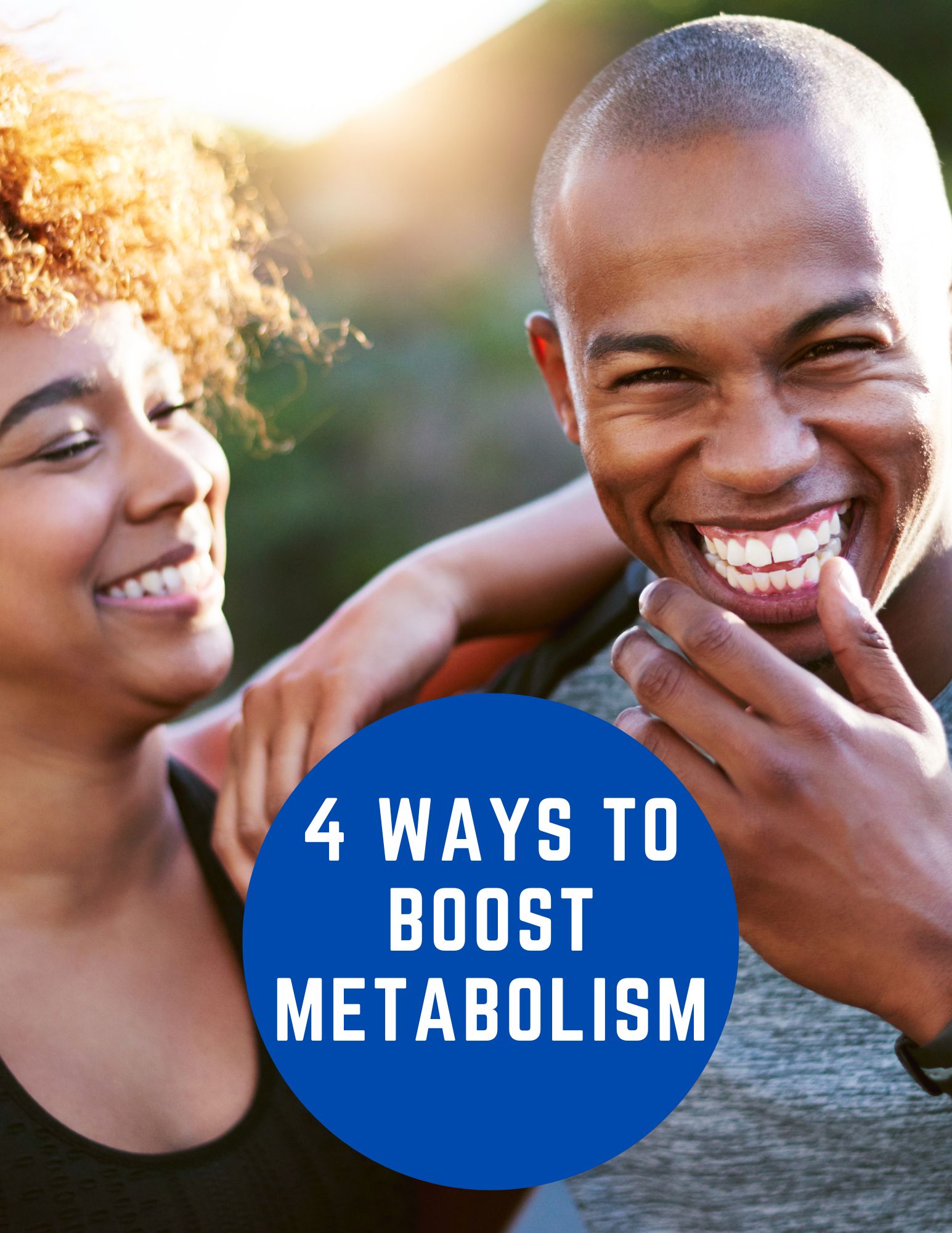PMS (premenstrual syndrome) affects most women, around 50%. While some symptoms are mild, most women experience a disruption in their work, home, and relationships due to these symptoms. But this does not have to happen.
Symptoms that significantly impact a woman’s life quality include psychological symptoms (irritation, anxiety, and depressed mood) or physical symptoms (headaches, fluid retention, breast tenderness, abdominal pains, or cramps). The diagnosis of PMS occurs when a woman has persistent symptoms that occur in the luteal phase of a cycle.
Severe PMS forms may meet the Premenstrual Dysphoric Disorder (PMDD) criteria. PMDD is characterized by emotional lability or dysregulation, which may include outbursts of anger, depressed mood, anxiety, and interference with functioning at home, school, and/or work. It affects about 8% of women with PMS.
The conventional treatment by most doctors is to treat the symptom:
–you get headaches, here is a migraine medicine.
–you have depression, here is an anti-depressant.
–you have breast tenderness and swelling, here is a diuretic.
But this does not reverse the cause of your PMS/PMDD. It just treats the symptoms.
Women do not need to suffer each month; they can get relief by looking for the underlying cause of their symptoms.
What causes PMS? The ROOT Causes of PMS/PMDD
PMS is not simply just a hormone imbalance. Yes, there is usually an imbalance between estrogen and progesterone, but what drives that imbalance? Let’s look at some of those.
- Nutrient deficiencies from a poor diet, especially B6, vitamin E, vitamin A, vitamin D, calcium, and magnesium. We need nutrients to make hormones.
- Low blood sugar or erratic blood sugar levels. Insulin resistance can cause inflammation as well as excess androgen production.
- Stress and adrenal dysfunction (relationship, marital/sexual difficulties; workplace stress, money, etc.)
- Thyroid problems can also cause PMS, so have your doctor check your thyroid hormones to make sure these are in proper order.
- Constipation and poor gut health can prevent estrogen from being eliminated in the body (phase 3).
- Serotonin deficiency.
- Low sex hormone production (perimenopause).
How can I fix my PMS?
Conventional Medicine treatment involves treating the symptoms of PMS. These include SSRIs, SSNRIs, non-steroidal anti-inflammatories (NSAIDs), anxiolytics, spironolactone, and birth control pills.
But many of these medications have dangerous side effects like blood clots, electrolyte disturbances, and making you sedated.
Integrative medicine looks at the whole body or a patient-centered approach, listening to a patient’s history, lifestyle, diet, and any interactions that could be causing the symptoms that are causing them harm. This treatment starts with nutrition and lifestyle changes.
These are science-backed holistic solutions to reverse your PMS/PMDD symptoms. Before you start any treatment, make sure you get your thyroid, vitamin D, and Vitamin B12 checked.
You can still follow these recommendations if you need medications to control your symptoms. Please consult your doctor for any changes you are considering.
5 Steps to Eliminate PMS/PMDD
1. Clean up your diet
a. Get proper nutrients in your diet that address your micronutrient deficiencies. You will need testing done by a holistic gynecologist to get these answers.
b. Eliminate refined sugar, flour, and processed foods. This step will prevent blood sugar spikes and lower insulin resistance.
c. Avoid alcohol, which can worsen your liver’s ability to conjugate estrogens.
d. Get adequate fiber (25 to 20 grams/day) from vegetables, fruit, nuts, seeds, beans, and whole grains. Two tablespoons of ground flax seeds a day are especially helpful in correcting constipation and balancing hormones.
e. Increase omega-3 fats by eating wild fish like sardines, herring, wild salmon, and walnuts. It will lower your inflammation as well.
f. Don’t eat 3 hours before bed. And try to refrain from eating for 12 hours a day.
2. Gentle exercise that keeps your cortisol in check
Aim for 30 minutes, 3-5 times a week. Long-term studies have indicated exercise is good for
lowering inflammation, balancing blood sugars, and mood regulation.
3. Add supplements and herbs that support your serotonin and hormone levels in the luteal phase.
Supplements for PMS
In addition to a healthy diet, several supplements are beneficial in reducing PMS, particularly for improving mood, reducing bloating, and reducing breast tenderness. These include:
- Calcium citrate (up to 1,200 mg per day)
- Magnesium citrate or glycinate (400 mg per day)
- Vitamin B6 (50 mg per day as part of a B-complex supplement)
- DHA/EPA up to 2 gm combined, daily
Herbs for PMS
- Chasteberry fruit extract (Vitex Agnus-astus) can help balance the hormones released by the pituitary gland that control your overall hormone function. Studies of over 5,000 women have found it effective. Chastetree has a long history of being used to help alleviate a variety of menstrual-related conditions.
- Ginger is a fantastic herb for mood and physical symptoms of PMS.
- Wild yam (Dioscorea villosa) and cramp bark (Viburum opulus) can help regulate cycles and relieve menstrual cramps. Also suitable for patients with endometriosis.
4. Reduce Stress
High cortisol levels will disrupt the production of hormones. There are a lot of ways to reduce stress like meditation, yoga, and breathwork.
5. Explore alternative therapies like mind-body medicine practices.
In fact, compared to Prozac to manage emotional symptoms, Cognitive Behavioral Therapy showed that CBT was better maintained and had a higher attrition rate (50%). This treatment does not negate or interpret the possibility of needing Prozac or other SSRIs as a form of therapy since many women find a huge benefit to this route, especially when dealing with severe PMDD and anxiety/depression.
Some studies indicate acupuncture can be effective in both PMS and PMDD and reduce symptoms.
Decrease your PMS symptoms with Integrative Medicine
For a comprehensive and personalized plan to alleviate PMS/PMDD, get the support of an integrative team at Well Woman MD.
If you’re feeling overwhelmed and stressed, it might be time to look closely at your hormones. Hormonal imbalances can trigger mood swings and anxiety, which only serve to amplify stress levels. Fortunately, you can do plenty of things to support healthy hormone function and improve your mood.




